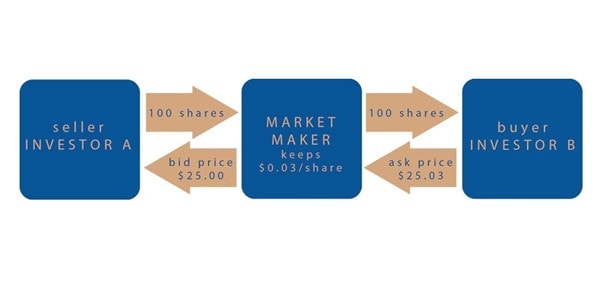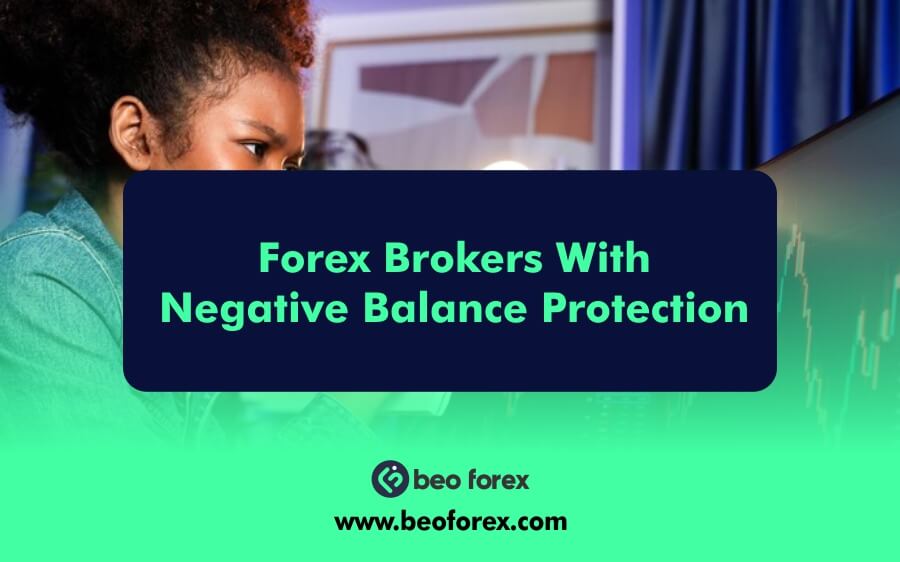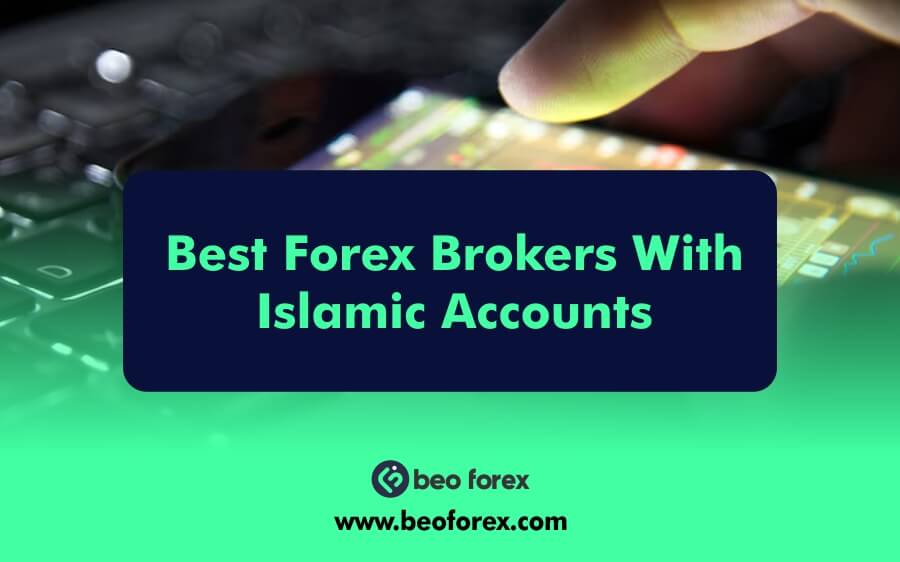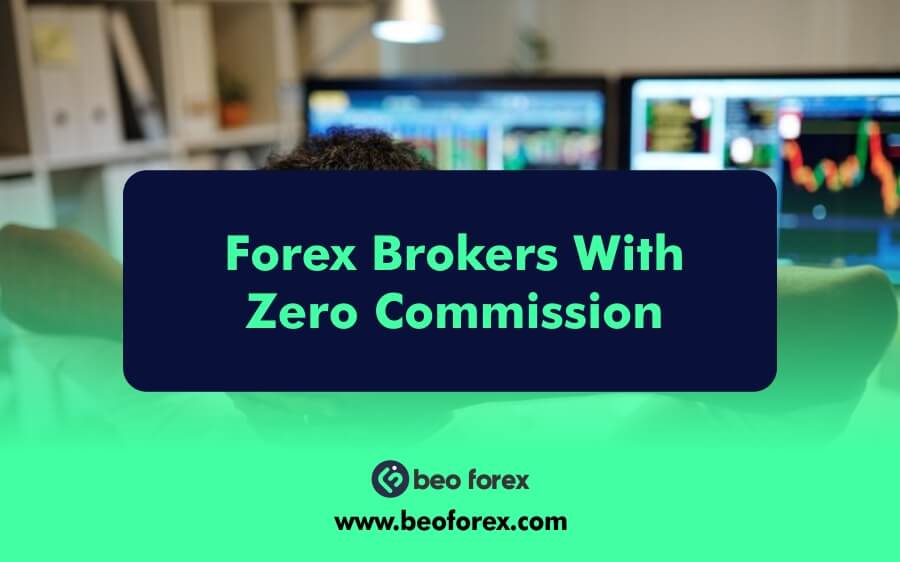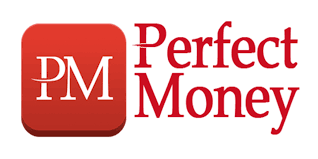You should understand what a market maker is and why they are vital in the forex market as a forex trader.
I’ll explain what market makers are and why they’re so crucial in this essay.
A market maker is a large financial entity that buys and sells currencies at a set price.
A market maker is a company that stands ready to purchase and sell at a publicly disclosed price on a regular, continuous basis, according to the Securities and Exchange Commission of the United States.
It is a corporation that operates in two-sided trading in the forex market by buying and selling currencies.
Confused?
Now I’ll explain what they do. Currency price quotes are provided by market makers.
They are in charge of the currency market’s ongoing buying and selling.
They also assist in determining the bid-ask price.
Keep in mind that the asking price is the lowest price at which the sellers are willing to sell their home.
Is the bid price the price at which buyers are willing to purchase something?
Market makers, on the other hand, have no judgment on whether a currency’s price will rise or decline.
To keep the market from becoming illiquid, a market maker only buys and sells at the advertised price.
You should think about how market makers generate money.
Market makers profit from the spread, which is the difference between the asking and bid prices.
Market makers will benefit handsomely regardless of how narrow the spread is. This is owing to the large number of trades they conduct.
Finally, a market maker’s profit increases as the gap widens.
The spread narrows when more market makers attempt to quote a currency.
A Market Maker’s Importance
A market maker’s primary responsibility is to ensure that a market’s liquidity is maintained.
They do so by guaranteeing that a market’s volume of trades is large enough for other traders to readily execute trades in that market.
To keep the market moving, most market makers purchase and sell currencies at the indicated price.
Keep in mind that the term “liquidity” relates to the degree to which a market is active. It refers to the number of active traders and their trading volume in a market.
Let’s look at an example that everyone can relate to.
Assume you want to sell the Singapore Dollar during European trading hours.
During this session, most traders are likely to be busy buying and selling the Euro and the British Pound.
To keep the Singapore Dollar market liquid, market makers may elect to buy from you at the current stated price.
Market makers are also important since they help to provide the bid-ask spread.
They buy and sell when other traders are not buying and selling, as I previously stated.
As a result, they supply the asking price as well as the bid price.
The bigger the spread, the more money a market maker makes. The gap between the ask and bid prices is how a market maker makes money.
In addition, the more market makers attempting to quote a spread, the narrower the spread becomes.
Market makers face a risk when they take a position on a currency.
Then they try to mitigate the risk by establishing a stake in a different currency that is actively traded at the time.
Large banks, brokerage houses, corporations, and others are examples of forex market makers.
Most Commonly Asked Questions (FAQs).
What is a market maker’s role?
A market maker’s primary responsibility is to provide liquidity in a market. Keep in mind that the liquidity of a market refers to how busy it is.
Market makers generate money in a variety of ways.
Market makers profit from the spread, which is the difference between the asking and bid prices.
The asking price is the price at which the seller is willing to sell their property.
The bid price is the amount that buyers are willing to pay for a product.
When a spread is wide, a market maker’s profit is also wide.
Is market-making permissible?
Yes, that is permissible.
Market makers, on the other hand, must abide by the unique regulations enacted by a country’s regulatory agencies in order to function legally.
The Security and Exchange Commission (SEC) and the Commodities Futures Trading Commission are two major regulatory entities in the United States.
What are some of the most well-known market makers?
Deutsche Bank is one of the most well-known market-making organizations.
GTS.
IMC Chicago, LLC is a company based in Chicago, Illinois.
OTA, LLC. Latour Trading, LLC.
WHO IS A MARKET MAKER, IN SHORT?
A market maker is a company that buys and sells currencies at prices that are publicly disclosed.
Market makers are also important since they aid in the provision of liquidity in the FX market.
They also assist in determining the bid-ask spread.
Spreads are how they generate money. Their benefit decreases as the spread narrows.
A market maker’s profit increases as the spread widens.
Was this article beneficial to you?
Please leave a remark and tell your friends about it.

